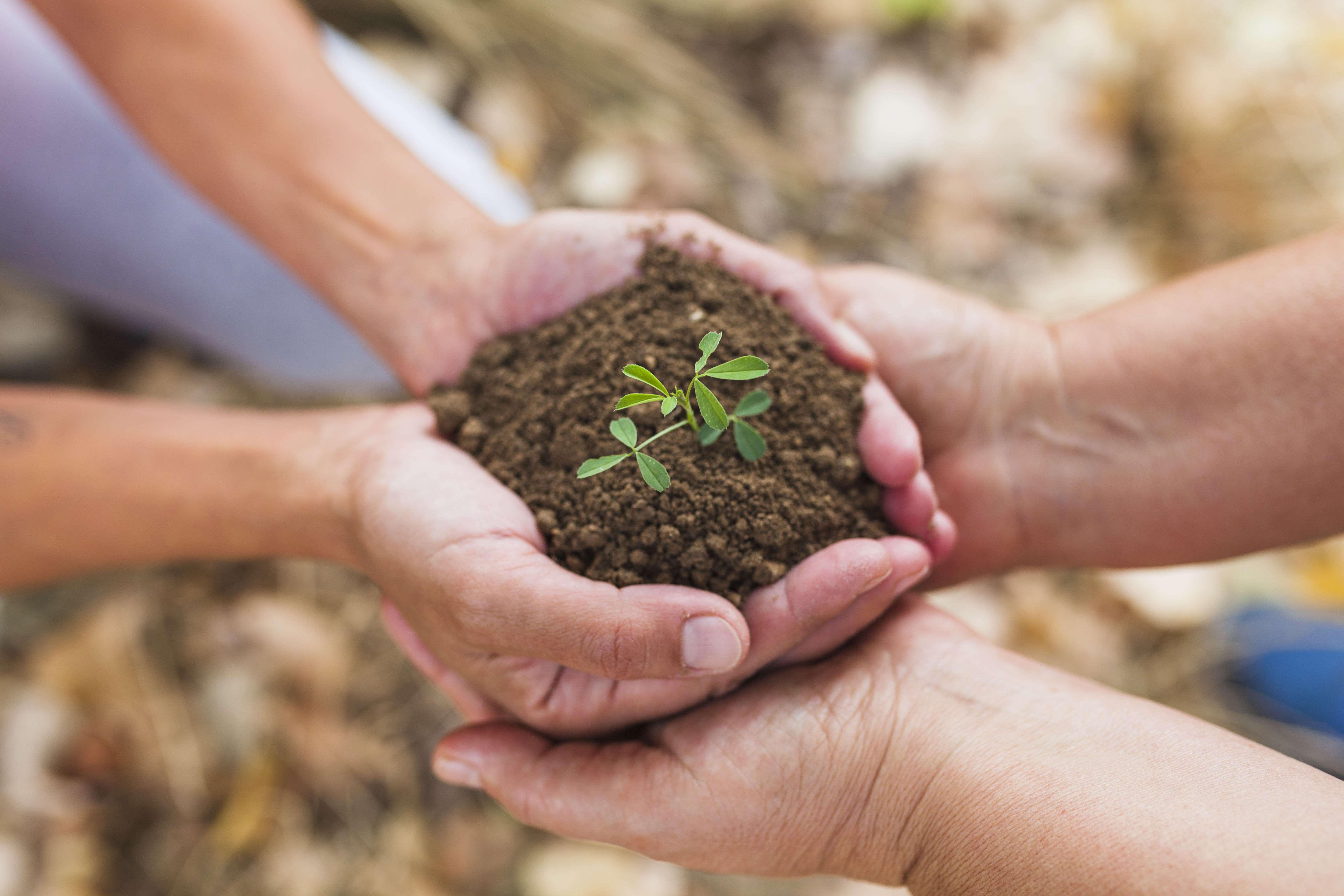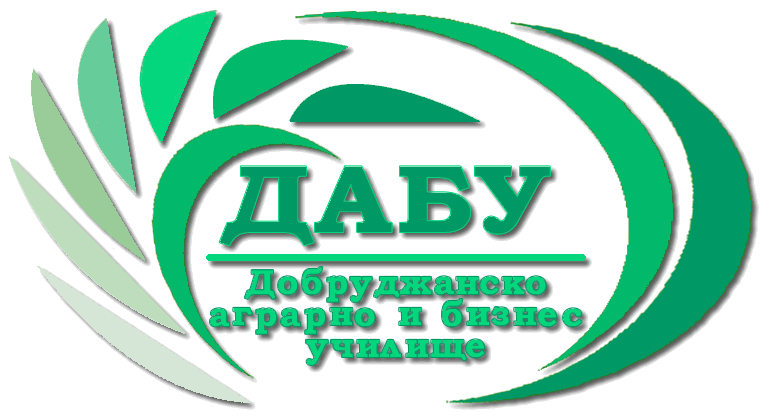Project "Green Entrepreneurship and Local Culture: Youth Workers on the Move" (RECALL)
| Program: | Erasmus+, Cooperation for innovation and the exchange of good practices, Capacity Building for Youth |
|
Grant agreement No.: |
617410 |
| Period of implementation: | 16.12.2020 - 15.06.2022 |
| Project duration: | 18 months |
| Total budget: | 138 165.64 € |
| Partners: |
|
| Project website: | Under construction |
Project: Green Entrepreneurship and Local Culture: Youth Workers on the Move (RECALL) is a joint initiative of three European youth NGOs from Bulgaria, Romania and North Macedonia, 2 HEIs from Thailand and Bhutan and 2 NGOs from India and Myanmar. The project’s overall objective is to build the capacity of youth organisations in Europe and Asia to promote green skills, circular economy and youth-led green entrepreneurship in encouraging positive social change in rural areas of involved countries.

In a time when we need to preserve our natural resources, to ensure the wellbeing of local communities and to embrace cultural diversity, green entrepreneurship and circular economy can be powerful tools in the arms of young people.
RECALL will contribute directly to two of the European Youth Goals (EU, C456/11, 2018) – Moving Rural Youth Forward and Sustainable Green Europe.
The project ‘Green Entrepreneurship and Local Culture: Youth Workers on the Move’ aims to motivate youth to rediscover rural areas as places where they can apply their creativity through innovation and entrepreneurship based on the ideas of the circular economy.
The project will last for 18 months, starting from 16.12.2020 and an international consortium of organizations from seven different countries will implement it:
- Dobrudzha Agrarian and Business School DABS (Bulgaria) - lead partner,
- Association for Sustainable Development SFERA INTERNATIONAL – Bitola (North Macedonia)
- Center of Strategies for Youth Development (Romania)
- Rural Centre for Human Interests (India)
- Payap University (Thailand)
- Myint-mo Education Foundation (Myanmar)
- Royal Thimphu College (Bhutan)
The project RECALL seeks synergies between the four pillars of sustainable development - environment, economy, society and culture to fight youth unemployment and social exclusion in rural areas. Based on their cultural traditions and identity, young people can find inspiration to use nature and local resources sustainably, to start entrepreneurial endeavours, which preserve the environment, and to contribute to their communities’ wellbeing.
The main objective of the project is to build capacity of youth organisations in Europe and Asia to promote green skills, circular economy and youth-led green entrepreneurship in encouraging positive social change in rural areas in the countries involved.
The specific objectives include:
- Improve the knowledge and capacity of youth organisations to promote green and entrepreneurial skills in rural areas as a way to overcome youth unemployment;
- Enhance cooperation and exchange of good practices in the field of youth work in rural areas based on reviving local cultural traditions that entail sustainable living;
- Support the qualitative development of youth work through the application of training toolkit for green skills.
The target groups are youth organisations and young people in rural areas in Europe and Asia.

Expected project outputs:
- Capacity building activities and trainings for youth workers
- A newly created and tested Bootcamp methodology
- Training toolkit
- Database of good practices and a video-case library of successful stories in the field of green entrepreneurship
- Local multiplier training events.

The project is implemented with the support of the Erasmus+ Programme.
The European Commission's support for the production of this publication does not constitute an endorsement of the contents, which reflect the views only of the authors, and the Commission cannot be held responsible for any use which may be made of the information contained therein.
 English (UK)
English (UK)  Български
Български 